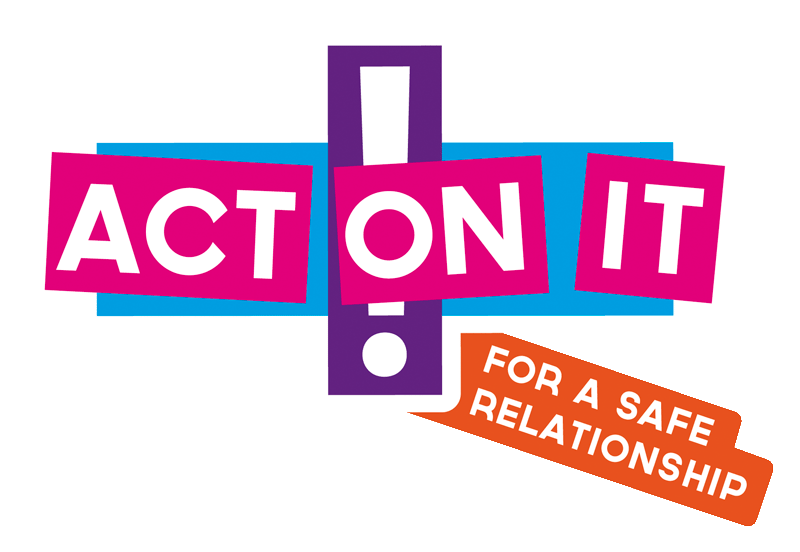
Spotting problems in your teen’s relationship
If you’re a parent or carer who’s worried about your child’s relationship, have a think about what it is that’s making you feel like this. Have you seen something happen? Or do you feel uneasy about something?
5 signs your teen’s relationship might be unhealthy or toxic/abusive…
Relationship develops quickly
This can be a tricky one as teens are often excited about a new partner. But think about the little things.
Are they organising breaks away after a short time? Are they talking about moving in together? Do they seem to be living in each other’s pockets?
This kind of rapid development might be unhealthy.
Spending all their time together
Another tricky one. Of course teens in a new relationship will want to spend lots of time together.
But is your teen ignoring all their friends all of a sudden? Are they dropping their usual social activities?
If they’re becoming increasingly isolated from their friends and family that could be a sign that the relationship isn’t a healthy one.
Constant communication
We know most teenagers come with a phone glued to their hand.
But if your teen’s partner expects them to reply instantly to messages, sulks when they don’t or tracks their whereabouts while they’re not together – or if your child seems upset when they’re using their phone – that could be a sign of problems.
Change of appearance
Have you noticed that your teenager has changed the way they look since their relationship started?
Not standard stuff like exploring different styles/trends, but things like wearing higher necks or longer sleeves to cover bruises? (Especially if they aren’t weather-appropriate.)
Or perhaps your child has stopped making any effort with their appearance since starting their relationship?
Bruising, marks or unexplained injuries
Bruising, marks or unexplained injuries are some of the more obvious clues that your teen’s relationship is toxic/harmful.
If you notice signs of physical abuse, remind your child that you’re there to help if they need you.
Abuse isn’t always physical. It can be verbal, emotional, financial and financial too.
Think about whether your child has become more withdrawn. Do they flinch in response to physical contact? Any missing or damaged possessions, such as their phone?

